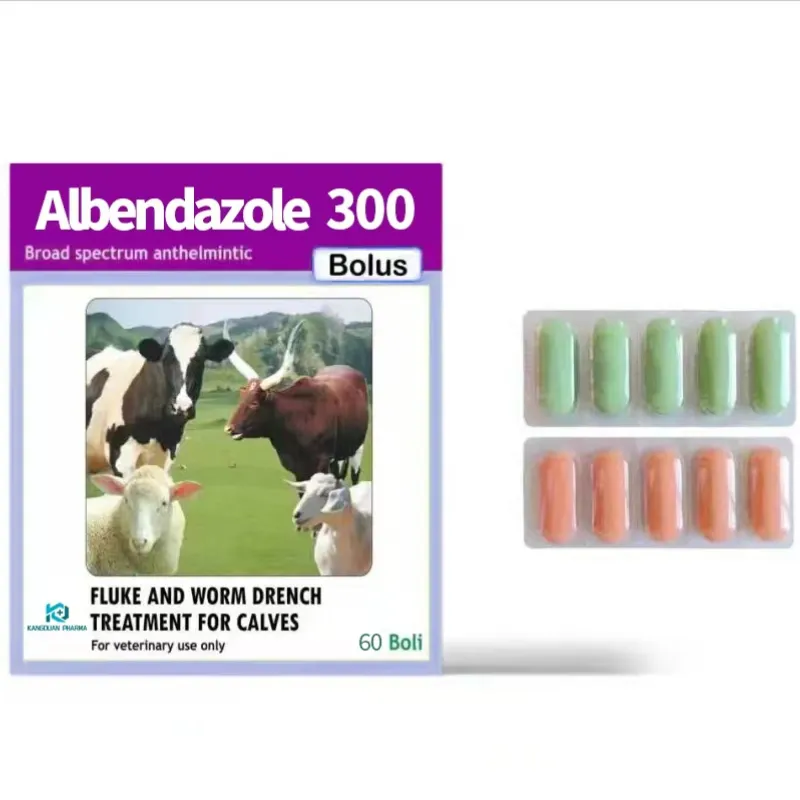- Afrikaans
- Albanian
- Amharic
- Arabic
- Armenian
- Azerbaijani
- Basque
- Belarusian
- Bengali
- Bosnian
- Bulgarian
- Catalan
- Cebuano
- Corsican
- Croatian
- Czech
- Danish
- Dutch
- English
- Esperanto
- Estonian
- Finnish
- French
- Frisian
- Galician
- Georgian
- German
- Greek
- Gujarati
- Haitian Creole
- hausa
- hawaiian
- Hebrew
- Hindi
- Miao
- Hungarian
- Icelandic
- igbo
- Indonesian
- irish
- Italian
- Japanese
- Javanese
- Kannada
- kazakh
- Khmer
- Rwandese
- Korean
- Kurdish
- Kyrgyz
- Lao
- Latin
- Latvian
- Lithuanian
- Luxembourgish
- Macedonian
- Malgashi
- Malay
- Malayalam
- Maltese
- Maori
- Marathi
- Mongolian
- Myanmar
- Nepali
- Norwegian
- Norwegian
- Occitan
- Pashto
- Persian
- Polish
- Portuguese
- Punjabi
- Romanian
- Russian
- Samoan
- Scottish Gaelic
- Serbian
- Sesotho
- Shona
- Sindhi
- Sinhala
- Slovak
- Slovenian
- Somali
- Spanish
- Sundanese
- Swahili
- Swedish
- Tagalog
- Tajik
- Tamil
- Tatar
- Telugu
- Thai
- Turkish
- Turkmen
- Ukrainian
- Urdu
- Uighur
- Uzbek
- Vietnamese
- Welsh
- Bantu
- Yiddish
- Yoruba
- Zulu
11 月 . 01, 2024 00:33 Back to list
Tylosin Tartrate Injectable Solution for Veterinary Use and Its Applications
Tylosin Tartrate Injection 20 An Overview
Tylosin tartrate injection 20 is an antibiotic used primarily in veterinary medicine for the treatment of various bacterial infections in animals. It belongs to the macrolide class of antibiotics and is particularly effective against Gram-positive bacteria, certain Gram-negative bacteria, and mycoplasmas, making it a valuable tool for veterinarians in managing a wide range of infectious diseases.
Tylosin works by inhibiting bacterial protein synthesis, which is crucial for bacterial growth and reproduction. By binding to the 50S subunit of the bacterial ribosome, tylosin disrupts the process of translation, effectively halting the production of essential proteins necessary for bacterial survival. This mechanism of action makes tylosin particularly useful in treating infections in livestock such as cattle, pigs, and poultry, where it helps alleviate disease and promote recovery.
One of the significant advantages of tylosin tartrate injection is its effectiveness against respiratory diseases and gastrointestinal infections. In swine, for example, it is often employed to manage infections like progressive atrophic rhinitis and pneumonia caused by Pasteurella and Mycoplasma species. In cattle, tylosin is used to treat conditions such as bovine respiratory disease, which can lead to significant economic losses in the food production industry.
tylosin tartrate injection 20

The administration of tylosin tartrate is relatively straightforward, as it can be given through injection, allowing for rapid absorption and quick onset of action. It is crucial for veterinarians to determine the appropriate dosage and treatment duration based on the specific condition being treated and the animal's weight and overall health status. Moreover, it is essential to follow recommended withdrawal times to ensure that tylosin residues do not remain in the meat or milk products intended for human consumption.
While tylosin tartrate injection is generally safe when used according to veterinary guidelines, potential side effects can include allergic reactions, gastrointestinal upset, or local irritation at the injection site
. Therefore, veterinarians must carefully monitor treated animals for any adverse reactions.In addition to its therapeutic uses, tylosin has been studied for its potential role in promoting growth performance in livestock. While some producers have utilized tylosin as a feed additive for growth promotion, regulatory restrictions in various countries have led to a reevaluation of its non-therapeutic use in food-producing animals.
In summary, tylosin tartrate injection 20 is an important antibiotic in veterinary medicine, primarily used to treat bacterial infections in livestock. Its effectiveness against a range of pathogens makes it an essential tool for veterinarians, although careful consideration must be given to its use to ensure food safety and minimize the risk of antibiotic resistance. As the landscape of veterinary medicine continues to evolve, tylosin remains a critical component of infection management in animal health care.
-
The Power of Radix Isatidis Extract for Your Health and Wellness
NewsOct.29,2024
-
Neomycin Sulfate Soluble Powder: A Versatile Solution for Pet Health
NewsOct.29,2024
-
Lincomycin Hydrochloride Soluble Powder – The Essential Solution
NewsOct.29,2024
-
Garamycin Gentamicin Sulfate for Effective Infection Control
NewsOct.29,2024
-
Doxycycline Hyclate Soluble Powder: Your Antibiotic Needs
NewsOct.29,2024
-
Tilmicosin Premix: The Ultimate Solution for Poultry Health
NewsOct.29,2024













